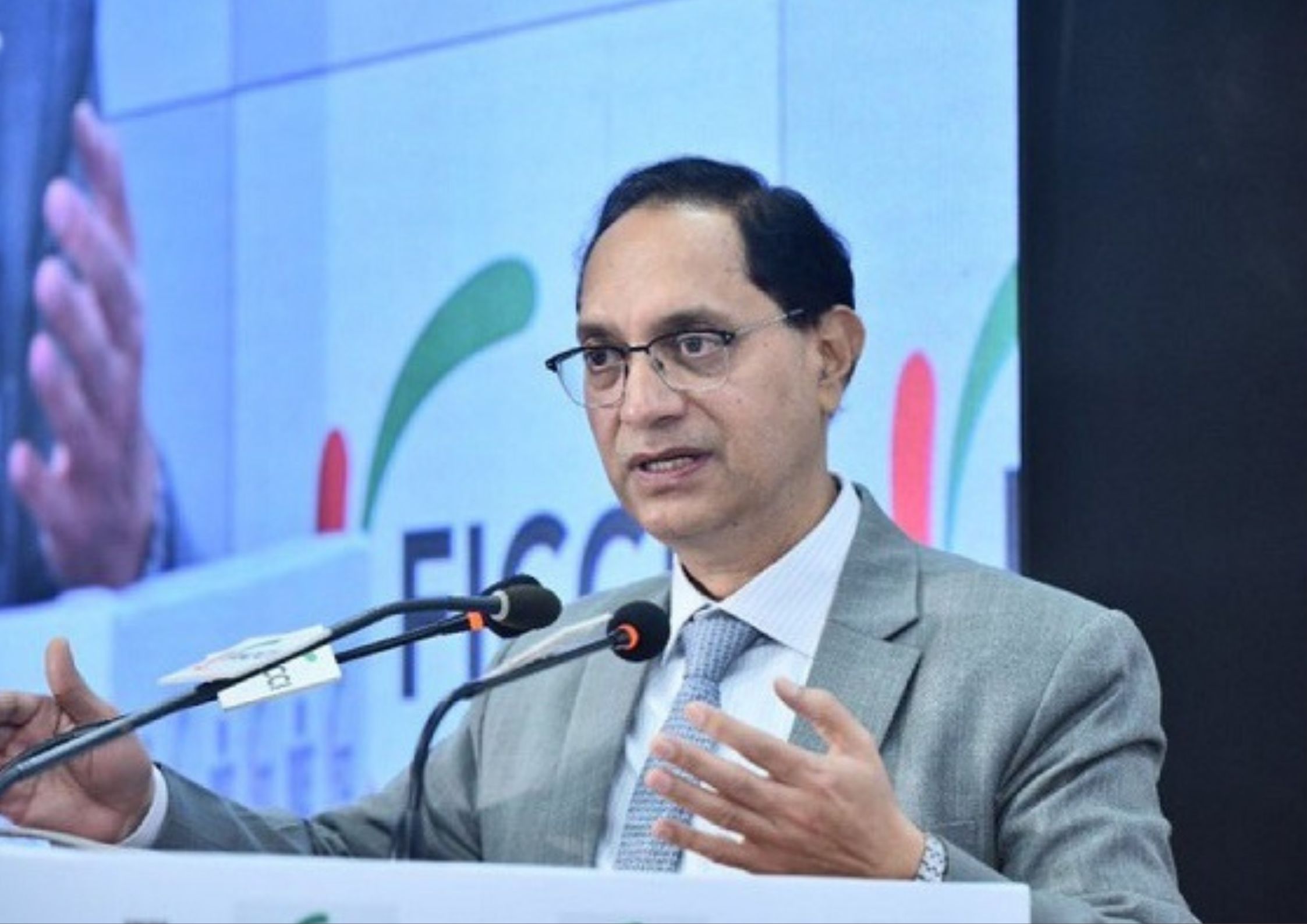.png)
March 24, 2025 at 1:57 PM IST
SEBI has doubled the threshold for granular disclosures on ultimate beneficial ownership by foreign portfolio investors. Previously, FPIs with equity assets under management of ₹250 billion or more were required to disclose details of all entities holding ownership or control up to the level of natural persons. That threshold has now been doubled to ₹500 billion.
These disclosures are related to ensuring compliance with the Prevention Money Laundering Act and related regulations, and the new threshold was approved at the SEBI’s board meet today.
Other key decisions today include forming a high-level committee to review conflict of interest rules, revising investment norms for Alternative Investment Funds, modifying fee regulations for investment advisers, and strengthening governance in Market Infrastructure Institutions.
SEBI justified raising the threshold disclosure norms for FPIs by citing a sharp increase in trading volumes since the norms came into effect in November 2023. The change eases compliance for mid-sized FPIs.
The existing requirement for FPIs with more than 50% of their equity AUM concentrated in a single corporate group remains unchanged.
Conflict of Interest
The market regulator also set up a committee to comprehensively review its conflict of interest rules and disclosure requirements for SEBI’s board members and officials. The committee, composed of experts from regulatory bodies, government, the private sector, and academia, will focus on governance, transparency, and ethical conduct issues in the regulatory framework.
The committee is expected to submit its recommendations within three months, after which SEBI will review the proposed changes. The move is part of SEBI’s broader efforts to reinforce public trust and strengthen oversight of its operations.
AIF Investment Rules
In response to recent changes in debt market regulations, SEBI has modified investment norms for Category II AIFs. These funds are required to hold most of their investments in unlisted securities. However, recent listing amendments mandate that entities issuing listed debt securities must continue issuing fresh debt in listed form, reducing the availability of unlisted debt instruments.
To address this challenge, SEBI has decided that investments in listed debt securities rated ‘A’ or below will now be treated as equivalent to unlisted securities for regulatory compliance. This change is expected to boost the issuance and trading of lower-rated debt while allowing AIFs to meet their investment mandates without undue restrictions.
MII Governance
SEBI has introduced key governance reforms for stock exchanges, depositories, and clearing corporations related to the appointment and role of Public Interest Directors on the governing boards of Market Infrastructure Institutions. The existing process for appointing PIDs, which does not require shareholder approval, will remain unchanged. However, if an MII board chooses not to reappoint an existing PID after their first term, it must provide a rationale to SEBI.
SEBI has also reviewed cooling-off periods for Key Management Personnel and directors before they can move to competing MIIs. While MIIs will have the discretion to impose their own cooling-off periods, SEBI will no longer mandate a fixed cooling-off requirement for PIDs moving between institutions.
Fee Reforms
SEBI has revised its rules on advance fee collection by Investment Advisers and Research Analysts, responding to concerns raised by industry groups. Under the new rules, both can now collect advance fees for up to one year, provided the client agrees.
Previously, Independent Analysts were only allowed to collect advance fees for up to six months, while Research Analysts were restricted to three months.
Institutional and accredited investors and clients seeking recommendations from proxy advisers will not be subject to these restrictions and can agree on fees mutually.
The regulator also deferred the implementation of a key regulation that would have required Merchant Bankers, Debenture Trustees, and Custodians to conduct regulated activities through separate legal entities within two years.





